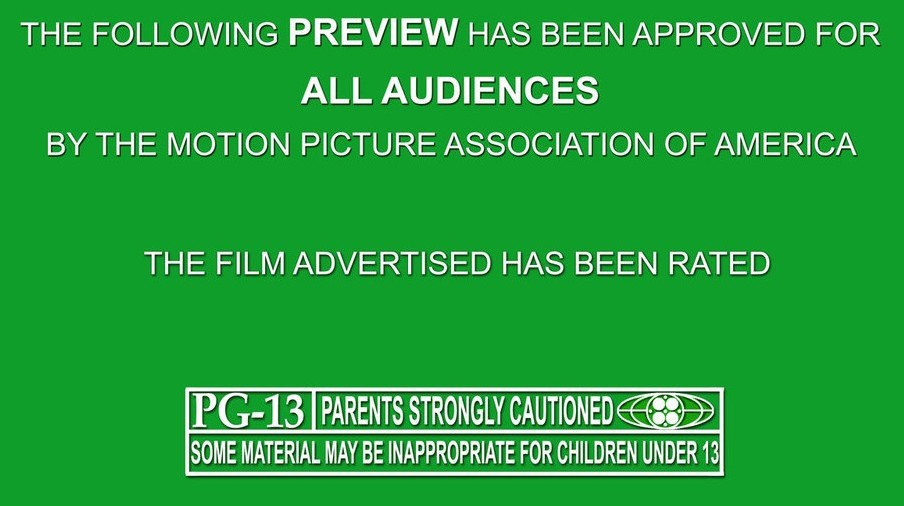Question
Gramps,
What are all of the rebaptism questions that are asked before someone (who was excommunicated for adultery) can be rebaptized? Does the rebaptism have to be approved by the First Presidency? Does that person have to be interviewed by a General Authority? Is the First Presidency notified of every request for rebaptism? Do they give final approval? Are the questions and processes different if the excommunicated person had been previously endowed and sealed?
Deb
Answer
Deb,
The process of returning to full fellowship with the Saints after being excommunicated isn’t as cut and dry as one might think. The First Presidency has provided stake presidents and bishops specific thoughts, principles, and practices to make sure the following purposes are taken into account:
1) To protect and to safeguard the Church’s purity, integrity, and good name
2) The protect the innocent
3) To save the soul of the transgressor
The primary question a stake president or bishop will determine is whether or not the individual has sufficiently confessed and forsook their sin. As the purpose of a disciplinary council is to save the soul of the transgressor bishops and stake presidents take into account this verse of scripture, “By this ye may know if a man repenteth of his sins—behold, he will confess them and forsake them.”
Other questions may be asked by those who are involved in the reconvening of a disciplinary council for an individual who was excommunicated and is now considering rebaptism. None of these questions are set in stone though. These questions, although similar, will be unique to the individual desiring their rebaptism. All these questions though are there to fully receive witness as to whether or not this individual has confessed and forsaken their sin.
Here are answers to your questions:
1) Does the re-baptism have to be approved by the First Presidency? No
2) Does that person have to be interviewed by a General Authority? No
3) Is the First Presidency notified of every request for re-baptism? No
4) Do they give final approval? No
5) Are the questions & processes different if the excommunicated person had been previously endowed & sealed? Yes. If the individual was not previously endowed or sealed then their baptism date doesn’t reflect the new baptism date, but will reflect their original baptism date after being rebaptised. Elder M. Russell Ballard in his talk “A Chance to Start Over” shared the following:
“After the rebaptism of a person who has not been endowed in the temple, his or her membership record shows the original baptism date, with no reference to the excommunication. A man who previously held the priesthood but was not endowed should generally be ordained to his former priesthood office. Again, his membership record will show his original ordination date, with no reference to excommunication.”
Here are potential situations where the First Presidency may require their permission/approval to be rebaptised: 1) Incest, 2) child abuse, 3) Any serious misconduct relating to a child or spouse, 4) Apostasy, or 5) Murder. Each situation is unique, and in one situation or another the First Presidency may annotate a person’s record to specify that this individual requires First Presidency approval before being rebaptised.
Now, if a person is requesting a restoration of their previous blessings, if they have been endowed, then they will need First Presidency approval. Elder M. Russell Ballard from the same talk quoted shared this also:
“A person who was endowed in the temple before being excommunicated may regain priesthood and/or temple blessings only through the ordinance of restoration of blessings. This is a special ordinance performed by a General Authority as directed by the First Presidency. Afterwards, a new membership record is created, showing the original dates of baptism, endowment, sealing, and (if applicable) priesthood ordinations—with no reference to excommunication.
Our Father in Heaven is pleased to restore former blessings to his sons and daughters when they have demonstrated sincere and complete repentance.”
Gramps







